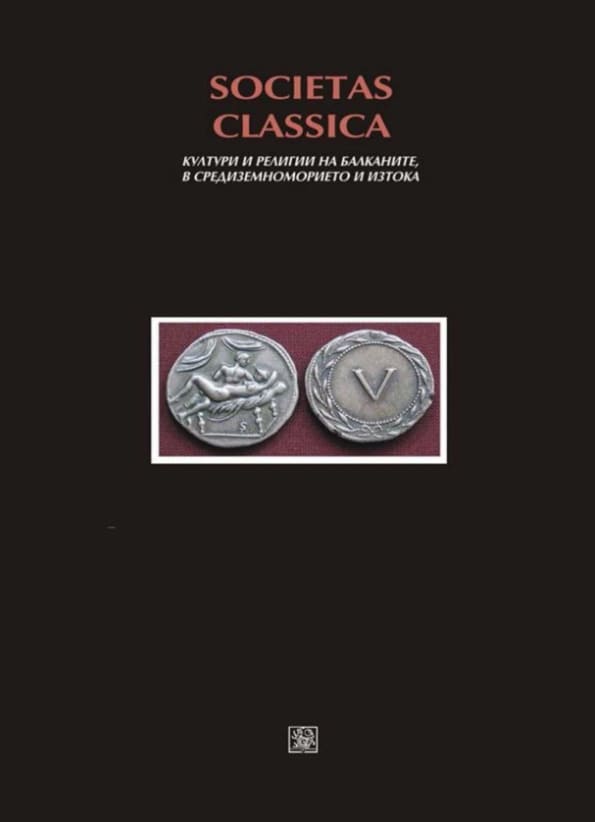Легендата за Филис: античен текст в ренесансов контекст
The Legend of Phyllis: Ancient Text in Renaiisance Context
Author(s): Vanya Lozanova-Stancheva
Subject(s): History, Language and Literature Studies, Literary Texts, Poetry, Studies of Literature, Middle Ages, 13th to 14th Centuries, British Literature
Published by: Великотърновски университет „Св. св. Кирил и Методий”
Keywords: Phyllis; Demphon; Geoffrey Chaucer; the Legend of Good Women; John Gower; Confessio Amantis
Summary/Abstract: Around the mid-1380s, John Gower, finishing his long poem Confessio Amantis, shared that fact with his friend Geoffrey Chaucer. In response, he told him about his new poem The Legend of Good Women, or – as he called it – The Seintes Legende of Cupide, on which he had started work at the same time. The article systematizes and analyzes the mythological and literary tradition of the Thracian princess Phyllis and her misfortune and tragic love with Athenian prince Demophon in the context of Chaucer’s The Legend of Good Women and Gower’s Confessio Amantis. Both poets followed the general framework set by Ovid in his Heroides (Ep. II and Ep. XIV), but with the deformations inherent to their own era and their own moralising purposes. Their versions, however, differ substantially in some significant details. The comparative analysis of the two works reveals the alternative sources that the two poets used in their works, as well as the deviations from and innovations to the ancient and medieval mythological and literary tradition. Obviously, both Geoffrey Chaucer and John Gower interpreted and adapted intentionally alternative sources that enriched their works with eclectic, intricate and artificial intertwining of details, aimed at building and perfecting their insights into the ethics of courtly love.
Book: Societas Classica. Култури и религии на Балканите, в Средиземноморието и Изтока. Том 10
- Page Range: 7-25
- Page Count: 19
- Publication Year: 2019
- Language: English, Bulgarian
- Content File-PDF

